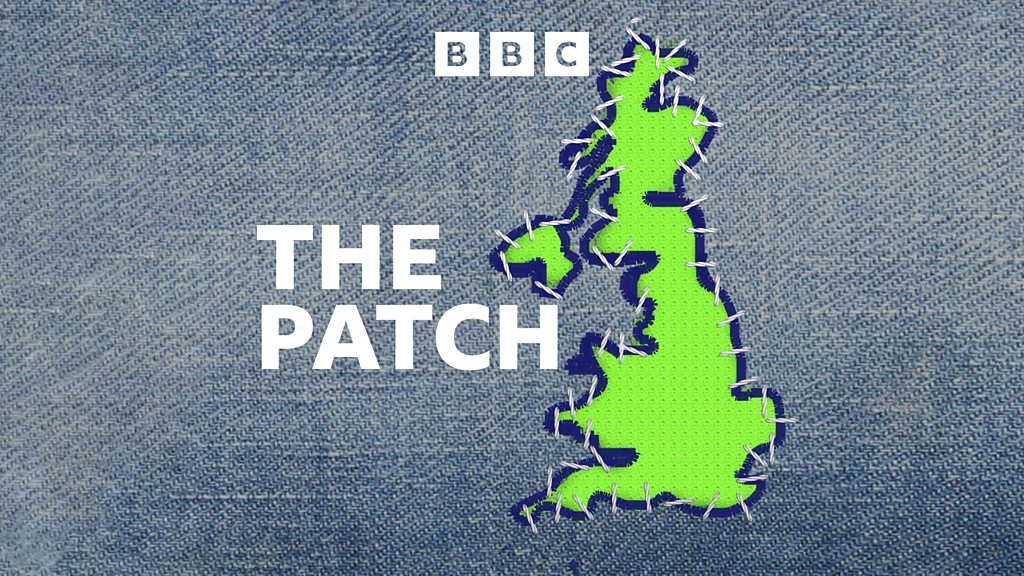The traditional patchwork quilt that makes up our countryside is changing in ways that would have been unheard of only a few decades ago. The supermarkets have driven many farmers to the very brink. Other factors such as world events, Ukraine springs to mind of course, have direct impacts. Changing habits such as the rise in Veganism have challenged traditional farming methods as has the perception of modern farming by a population who are very far removed from food production itself and have little or no concept of where the food on their plates comes from or how it is produced. In short, agriculture is in trouble.

More and more farmers are having to give new ideas a go in order to make a living. The rise of Rural Diversification is the key for a very many farmers and producers to stay in business. The days of growing corn or rearing livestock are now a somewhat dated concept. So how have farmers risen to the challenge? New and exciting crops have been grown along with the much older varieties of crops and vegetables, what are referred to as Heritage vegetables. These are grown now in smaller numbers and in a much greener fashion than ever before. The consumer has higher demands for food produced in an environmentally more sustainable manner. Organic farming is very much on the rise as are farm shops. The wonderful thing now is that farmers and growers can sell directly to the public thus cutting out ghastly supermarkets’ high yield and low return for the producers policy. The farm shop offers locally sourced meat, vegetables, fruit et al that are fresh and organic. One now knows exactly which field the carrots in one’s basket come from or the name of the steer that your steaks have been butchered. These are all positive steps.
The diversification takes many other forms. Bed and breakfast and holiday cottages, glamping, etc all provide a healthy income. Solar panels are being installed. So through such methods farmers are producing higher quality products and enjoying a fairer slice of the (organic) cake than before and enriching the environment via green schemes. Of course, there are always very large producers of wheat and vegetables but on the whole, the production of such crops has become more sustainable which in turn benefits the local ecosystems which have more recognition. Still, a long way to go but things are on the right path. The government has a role to play but that’s another ball game altogether.
Diversification is leading to a return to seasonal eating in a lot of circumstances which is a good thing. The old varieties of pigs, sheep etc are enjoying a revival. Beasts such as Wild Boar are now being reared and sold to the consumer. All of this would have seemed and been perceived as madness not that long ago but supermarket and government actions and attitudes along with a seismic shift in consumer demands are now the new reality that we find ourselves in. Higher-quality production is becoming the norm. Farms have to offer more than just milk and meat if they are to survive. But is it just farming?
Urban diversification is now just as important and relevant. More are turning areas of garden into wild areas for wildlife to flourish. As farmers are leaving fields fallow and allowing meadows to grow so too are gardeners at home. This of course benefits the environment. New varieties of ‘heritage’ vegetables are being planted. Traditional flowers now coming back. Gardening and the growing of vegetables is now in a new era. People can now sell vegetables in niche shops or at ‘green’ gatherings. Gardens are now not the formal area where one can show off ones roses, but are becoming small almost artisan producers of vegetables. Even the rise of nano breweries is making the humble garden a place of diverse practices.
In short, we can all do a lot to help the environment and ourselves by changing attitudes to fields and gardens alike. The chance to create a green oasis in suburbia is now a real and tangible possibility and all benefit!

Random Dialoguist, John FitzAlan-Blackhurst
📰More Random Diablogs
» DHL by John Ballard
A shirt soirée to Amsterdam and there is an abundance of coffee shops and ‘experience’ purveyors - wink wink!
Amsterdam has a network of canals and narrow roads, thus the modern-day obsession with home delivery is a problem.
Luckily, those clever Dutch people have a solution - bike it!
Possibly more environmentally friendly than drones etc. plus the personal touch.
Note the custom bike, we saw many similar ones for other deliveries.

»Below is the link that I said I would supply to our readers in last week’s newsletter, Yvette Masure | Health is Wealth 🌱
CLICK ⬇️
Events🎫
Monday 4th September, 7 pm 🎨FREE Canva for Beginners on Zoom » LET’S CREATE
Thursday 28th September, 8 pm to 9 pm 📣Random Dialogues #25 online 6 speakers, 6 minutes each, 60 minutes. Confirmed speakers at mo - Clare Millington, Phil Shepherd, Adam Buttery, Matt Cadman, Sarah Winterflood » SPEAKER BRIEF for info, perhaps you’d like to give it a go? Respond to this update and let me know.
Tuesday 12th September, 10am to noon, 🐝Guildford Buzz at GLive, Guildford (see you there John, Mark, Katrina, Simon…)
🔚And Finally
Thanks to Chris Bose for sending this over - my dream random job! What’s yours? I’d like to invite her to speak at Random Dialogues:
🎣And a Bit More Finally
Thanks as always for your contributions, please keep them coming!
Until next Friday at 6:08 am (ish).

